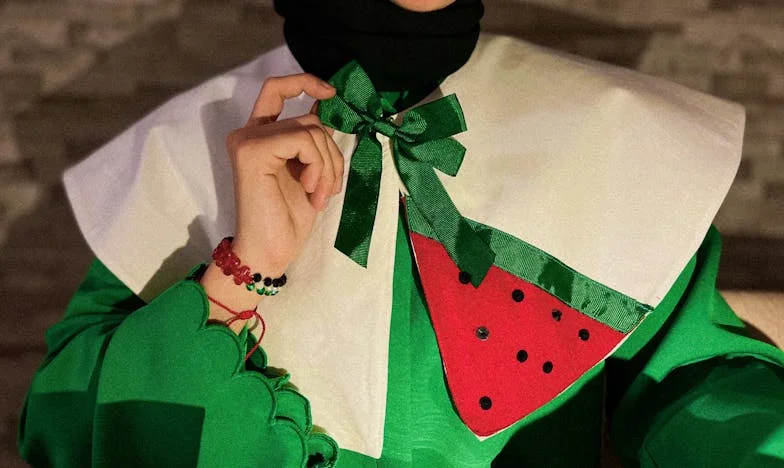“Happiness in Silence”: My Mom’s Unusual Choices
My mom has always been a bit of an enigma. Growing up, I remember her as a vibrant woman who loved fashion and always had a keen eye for style. But over the past few years, something changed. She started dressing in old, worn-out clothes, even though she had a closet full of new outfits. It was as if she was deliberately trying to blend into the background, to become invisible.
I first noticed the change when I came home from college for the summer. Mom was wearing a faded, threadbare dress and a pair of scuffed-up shoes that looked like they had seen better days. I was taken aback. This was not the mom I remembered.
“Mom, why are you dressed like that?” I asked, unable to hide my concern.
She looked at me with a serene smile and said, “Happiness loves silence.”
I didn’t understand what she meant, but I didn’t press her further. Over the next few weeks, I watched as she continued to wear the same old clothes, day in and day out. It was as if she was trying to make a statement, but I couldn’t figure out what it was.
One day, I decided to confront her about it. “Mom, you have so many nice clothes. Why do you keep wearing these old rags? People might think we’re struggling.”
She sighed and sat down at the kitchen table, motioning for me to join her. “You see, dear, I’ve come to realize that material things don’t bring true happiness. In fact, they often bring more stress and anxiety. By dressing simply, I feel more at peace.”
“But Mom,” I protested, “you look like you’re living on the edge. It’s not just about appearances; it’s about self-respect.”
She shook her head gently. “It’s not about self-respect; it’s about finding inner peace. When I dress simply, I feel free from societal expectations and judgments. It’s my way of finding happiness in silence.”
I wanted to understand her perspective, but it was difficult. I couldn’t shake the feeling that she was isolating herself from the world. Her friends stopped visiting as often, and even our neighbors began to whisper behind our backs.
As time went on, Mom’s behavior became more concerning. She started skipping meals, saying she wasn’t hungry or that she was fasting for spiritual reasons. Her once vibrant personality seemed to fade away, replaced by a quiet resignation.
One evening, I found her sitting alone in the dark, staring out the window. “Mom, are you okay?” I asked softly.
She turned to me with a distant look in her eyes. “I’m fine, dear. Just contemplating life.”
I couldn’t help but feel a pang of sadness. My mom was slipping away from me, and there was nothing I could do to stop it.
Months passed, and Mom’s health began to deteriorate. She refused to see a doctor, insisting that she was fine. But it was clear that something was very wrong.
One morning, I found her lying on the couch, barely conscious. Panic set in as I called for an ambulance. At the hospital, the doctors told me that she was severely malnourished and dehydrated.
“Why didn’t you tell me?” I cried as she lay in the hospital bed.
She reached out and took my hand weakly. “I didn’t want to burden you,” she whispered. “I thought I could find happiness in silence.”
But there was no happiness in this silence—only pain and regret. My mom’s choices had led her down a path of self-destruction, and now it was too late to turn back.
As I sat by her bedside, holding her hand, I realized that sometimes silence can be deafening. And in the pursuit of inner peace, my mom had lost herself—and me—along the way.
